COVID lockdowns and mail-in ballots: Inside the Trump-fueled conspiracy spreading online
It's a false, but rising, conspiracy theory: as COVID-19 rates climb later this year, the Biden administration will reinstate pandemic restrictions and push mail-in ballots to influence the next election. And some social media platforms are now allowing it to spread openly.
That's the finding of a new study from Advance Democracy, a nonpartisan research agency, which warns that in spite of a rapidly escalating number of posts about COVID-19 and mail-in ballots, social platforms are generally not removing the claims or labeling them with fact-check warnings.
Though the claims originated in stories that have already been debunked, social platforms flagged or removed almost none of them during a surge in such posts in the last month, according to the study, which was provided exclusively to USA TODAY.
Social media companies have repeatedly said they aggressively police content on their platforms, including posts that violate policies on misinformation or that interfere in elections. But experts say the spreading COVID-election claims raise alarm bells for a rising tide of disinformation as a new election season approaches.
Advance Democracy reviewed posts on a range of social media platforms including X, formerly Twitter, Facebook and TikTok in August. There were approximately 32,480 posts about COVID-19 and mail-in ballots on X alone, the highest monthly total since November 2020, according to the study.
Compounding the problem, social media platforms are not moderating the content linking COVID-19 to election fraud, Advance Democracy said. The group said it identified just one social media post that was flagged by the platforms' fact-checking systems.
In addition, X’s policies appear to no longer prohibit false claims of election fraud, the nonprofit research organization said. Despite the platform’s owner, Elon Musk, pledging earlier this year that users “will be corrected” for making false claims of stolen elections, that doesn’t appear to be happening, the study found.
And X recently removed language from its policies that banned content promoting “false or misleading information intended to undermine public confidence in an election,” according to Advance Democracy. An August update to X’s policies contains no mention of removing content that questions election integrity.
The resurgence of the COVID-19 restrictions-election fraud conspiracy theory, just as the 2024 presidential election campaign heats up, comes as no surprise to disinformation researchers.
“COVID denialism has proven to be a very powerful uniting force among certain political movements,” said Brian Hughes, associate director of the Polarization and Extremism Research and Innovation Lab at American University. “So, it makes sense that, at a time when our political leadership is being selected, these other mobilizing concepts are going to be thrown into the mix as well.”
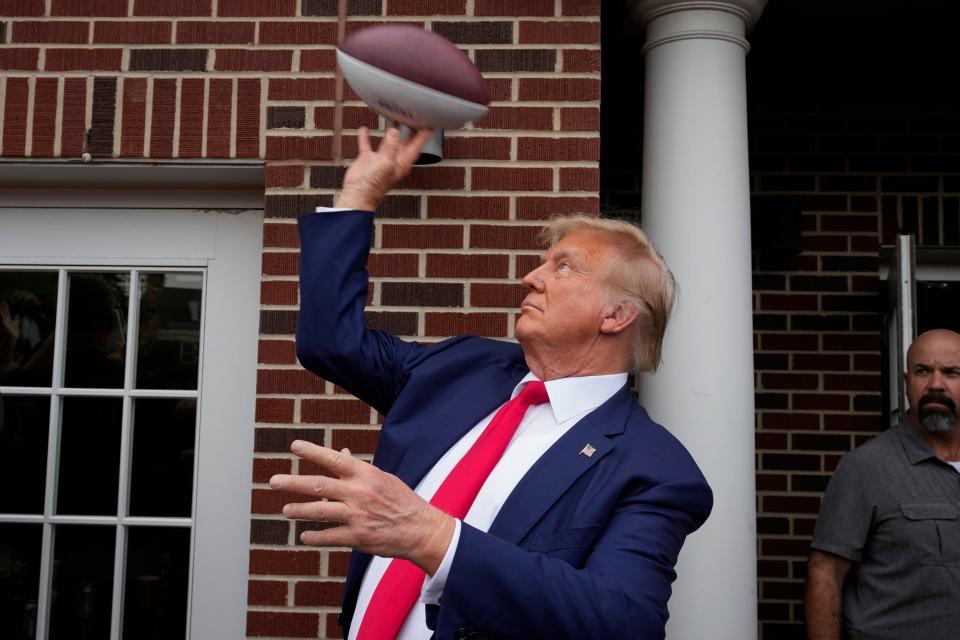
Trump stokes flames of COVID election conspiracy
On Aug. 30, the official 2024 campaign account for former President and GOP front-runner Donald Trump posted a video on X warning that his political opponents are trying to use COVID-19 restrictions and mail-in ballots to rig the election.
The post earned a “Community Note” that provided general information about COVID-19 and safety measures but did not contradict Trump’s claims.
At the root of the conspiracy theory, which also circulated on Patriots.win, Gab, Gettr and 4Chan, is an article from Alex Jones’ Infowars published in August claiming that COVID-19 restrictions would return this fall.
The article alleged that Transportation Security Administration managers were told on Aug. 15 that they and airport employees would be required to wear face masks by mid-September, that travelers would be required to wear face masks by mid-October and that COVID-19 lockdowns would return by December.
“This new rollout’s timing is perfect for the embattled Biden administration to put the country back in a state of civil emergency and even martial law to further divide and confuse the public and move forward with the greatest election meddling in history,” the article read.
Those claims were false, the TSA told USA TODAY. The agency has no new COVID-19 requirements, is not imposing new mask rules, and has not had a meeting on the subject.
Infowars did not respond to a request for comment.
But Trump also pushed the narrative on Truth Social. His campaign did not respond to a request for comment.
Trump continues to falsely claim that election fraud was the cause of his 2020 loss to Joe Biden.
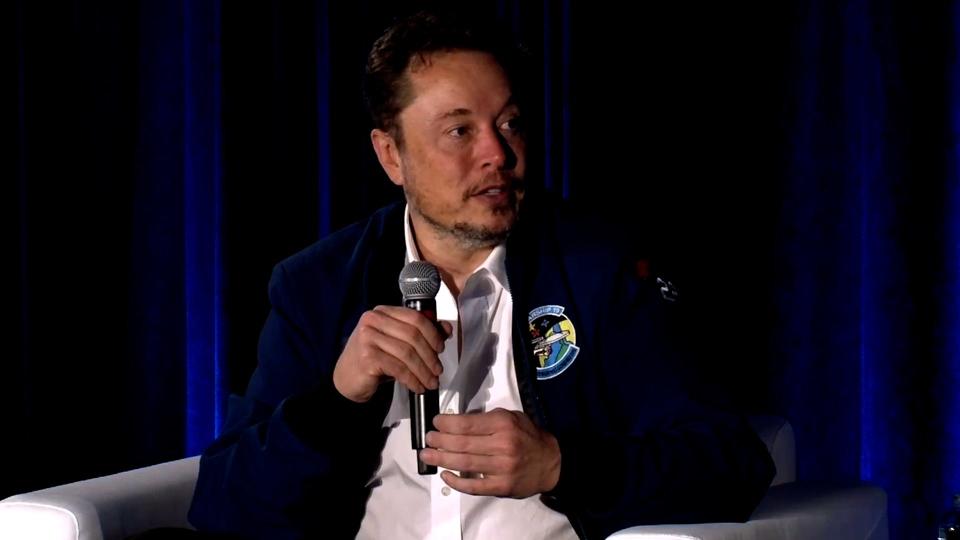
Weaponizing COVID and election meddling conspiracies
The decision to make it easier to vote by mail during the pandemic prompted a wave of election-related conspiracy theories championed by Trump on social media platforms. In the run-up to the election, Trump repeatedly claimed, without evidence, that mail-in ballots would be abused to elect Biden.
After losing the election, Trump, who is under state and federal indictment for knowingly spreading false allegations of voter fraud in an effort to overturn the 2020 election, continued to tout conspiracy theories about mail-in voting.
Analyses by multiple media outlets have debunked any connection between mail-in ballots and voter fraud and uncovered negligible voter fraud.
Despite all the evidence to the contrary, prominent right-wing figures continue to promote Trump’s claims. Several referenced the Infowars article or related allegations, according to Advance Democracy.
“The prevalence of this conspiracy theory, which has remained largely unaddressed on social media platforms, suggests that purposeful disinformation from far-right actors will continue to grow as the election draws near,” Daniel Jones, president of Advance Democracy, told USA TODAY.
Facebook declined to comment. X did not respond to requests for comment.
TikTok, after inquiries from USA TODAY, took down one video that claimed lockdowns would be implemented to meddle with the election. Two other videos that invoked the idea would remain up, the company said, because they involved people expressing their feelings about lockdowns, and therefore did not violate the platform's misinformation policies.
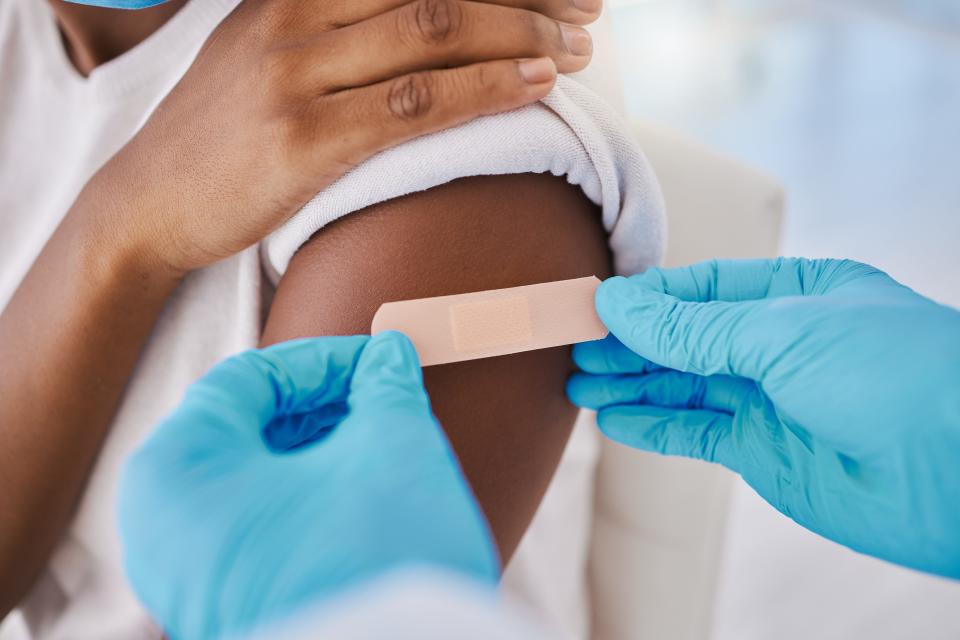
False claims of a Biden COVID plot to flip the election go mainstream
Far-right actors are spreading COVID conspiracies because they have become such a potent political weapon, disinformation researchers say. What started as an extremist narrative has quickly gained steam.
Megan Squire, deputy director for data analytics at the Southern Poverty Law Center, said the Advance Democracy findings mirror what she and her team are seeing in their own research.
COVID-19 disinformation claiming the virus will be manipulated to control voting was already an “evergreen” topic of discussion on the far-right, according to Squire. Now these conspiracy theories are increasingly embraced by mainstream conservatives, she said.
“It started on the fringe,” Squire said. “Over time, the percentage of folks that are willing to believe that, or repeat some of – it or at least tolerate those ideas – has gotten bigger on the right.”
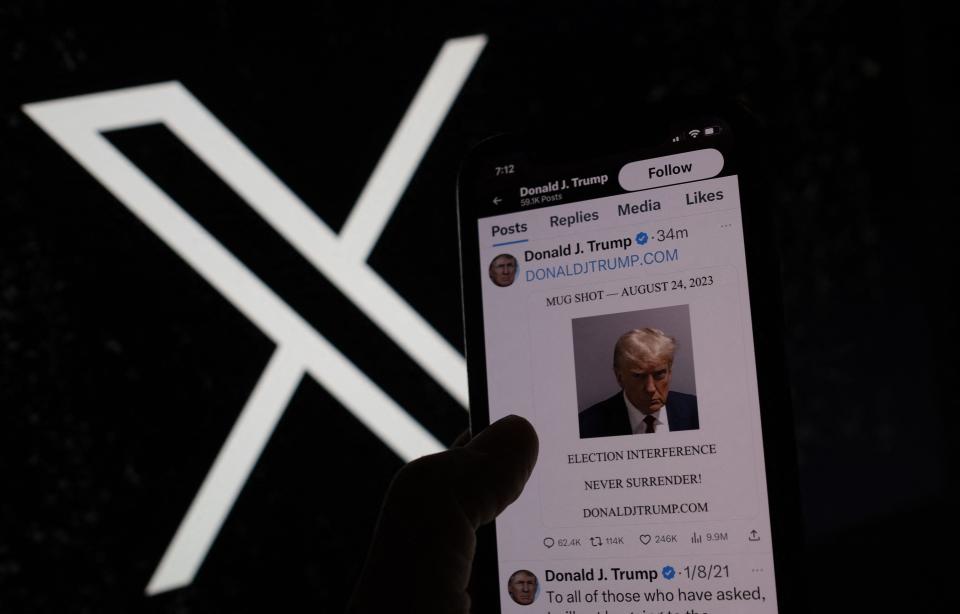
Facebook, X and TikTok are easing off political speech moderation, critics say
Contributing to the problem is the increasingly hands-off approach to political speech on social media platforms.
New X owner Musk has gutted the social media platform’s content moderation system.
Under Musk, who refers to himself as a "free-speech absolutist," the company has reinstated accounts previously banned for engaging in hate speech and other harmful content such as political disinformation – leading to a marked upsurge in hate speech on the platform. Yet it has also newly banned the accounts of left-wing activists, and of people critical of Musk himself.
Seemingly following X's lead, social media companies are easing off their policing of political falsehoods, which could have a profound impact on the 2024 election, Squire said.
Facebook owner Meta contemplated a ban on all political advertising but shelved the plan after Musk turned X into a free speech free-for-all, the Washington Post reported.
In June, YouTube said it would no longer take down videos making false claims that “widespread fraud, errors or glitches occurred in the 2020 and other past US Presidential elections.”
The moderation downshift marks a sharp departure for social media companies, which beefed up teams and policies combating election lies in 2020 to prevent a repeat of 2016 when online influences including Russian-backed "troll farms" tried to sow election-season division.
Risks remain high. Influence campaigns from Russia and China have popped up on social media platforms. Concern is spreading that artificial intelligence will be deployed to mislead voters.
But content moderation is not just politically sensitive, it’s also costly and companies are inclined to draw down resources during a period of belt-tightening, Squire said.
Adding to headaches for social media companies, a legal battle over claims that the Biden administration coerced social media platforms into suppressing posts about COVID-19 and elections is headed to the Supreme Court.
“If they've gutted all their content moderation squads, and there's no one left to do this work, it makes it really easy to adopt a policy like, ‘Hey, let's just not care about it anymore!” she said.
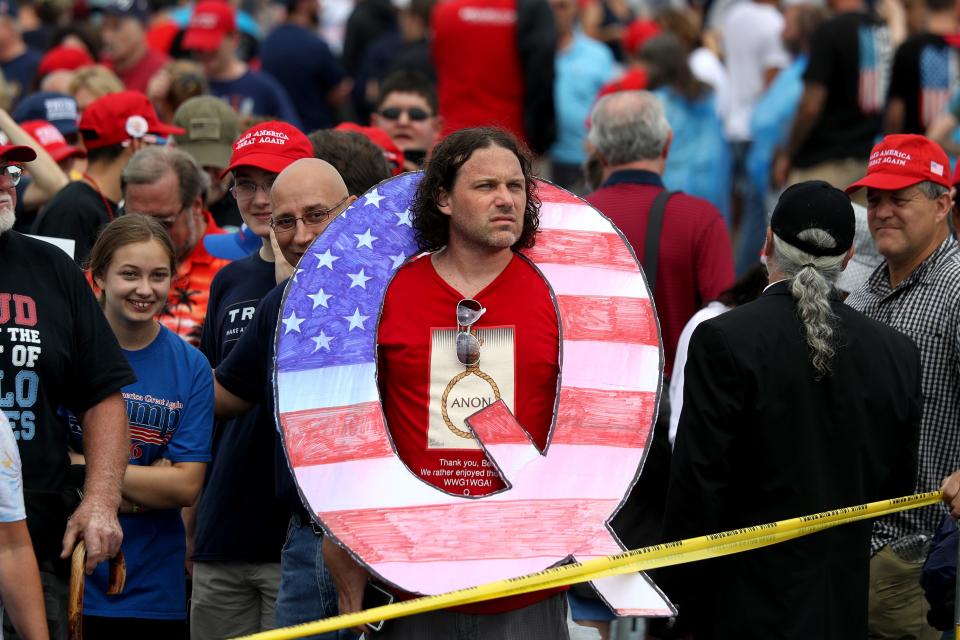
COVID denialism likely to grow in run-up to 2024 election
Many conspiracy theories that emerged at the start of the COVID-19 pandemic have not come true. Martial law has not been instated. The federal government has not mandated COVID-19 vaccinations for the general public.
But that won’t take the wind out of conspiracists’ sails, Hughes warned.
Forces peddling these narratives will morph and shift their messaging to meet the times, Hughes said. That the most extreme developments have not come to pass will be touted as evidence that their activism thwarted them, he said.
“They say, ‘Oh, well, maybe we weren't entirely right about that.’ But, more often, they say, ‘Well, actually, it was our actions that staved off Judgment Day,’ ” Hughes said. “‘If it weren't for all the posting that we did on Facebook, and getting the word out and waking people up to this pandemic agenda, we would still be locked in our homes.’”
This article originally appeared on USA TODAY: Inside the Trump-fueled conspiracy theory spreading unchecked online

 Yahoo Finance
Yahoo Finance 